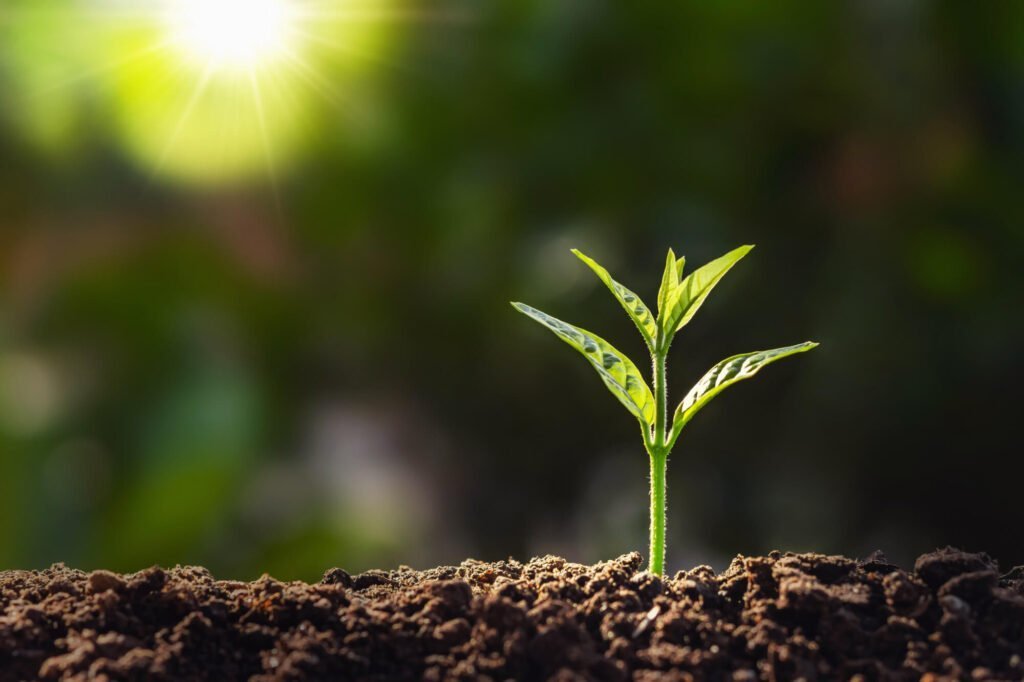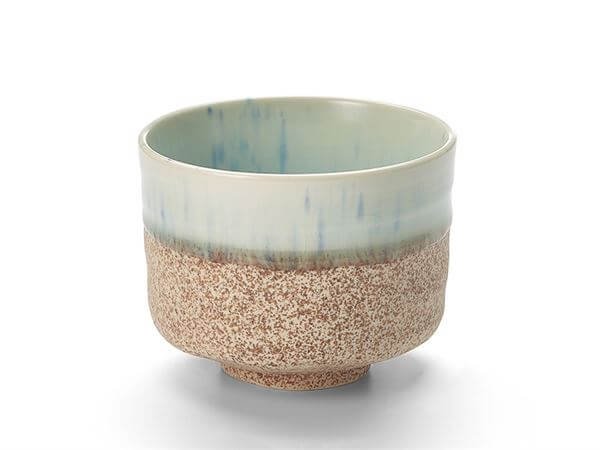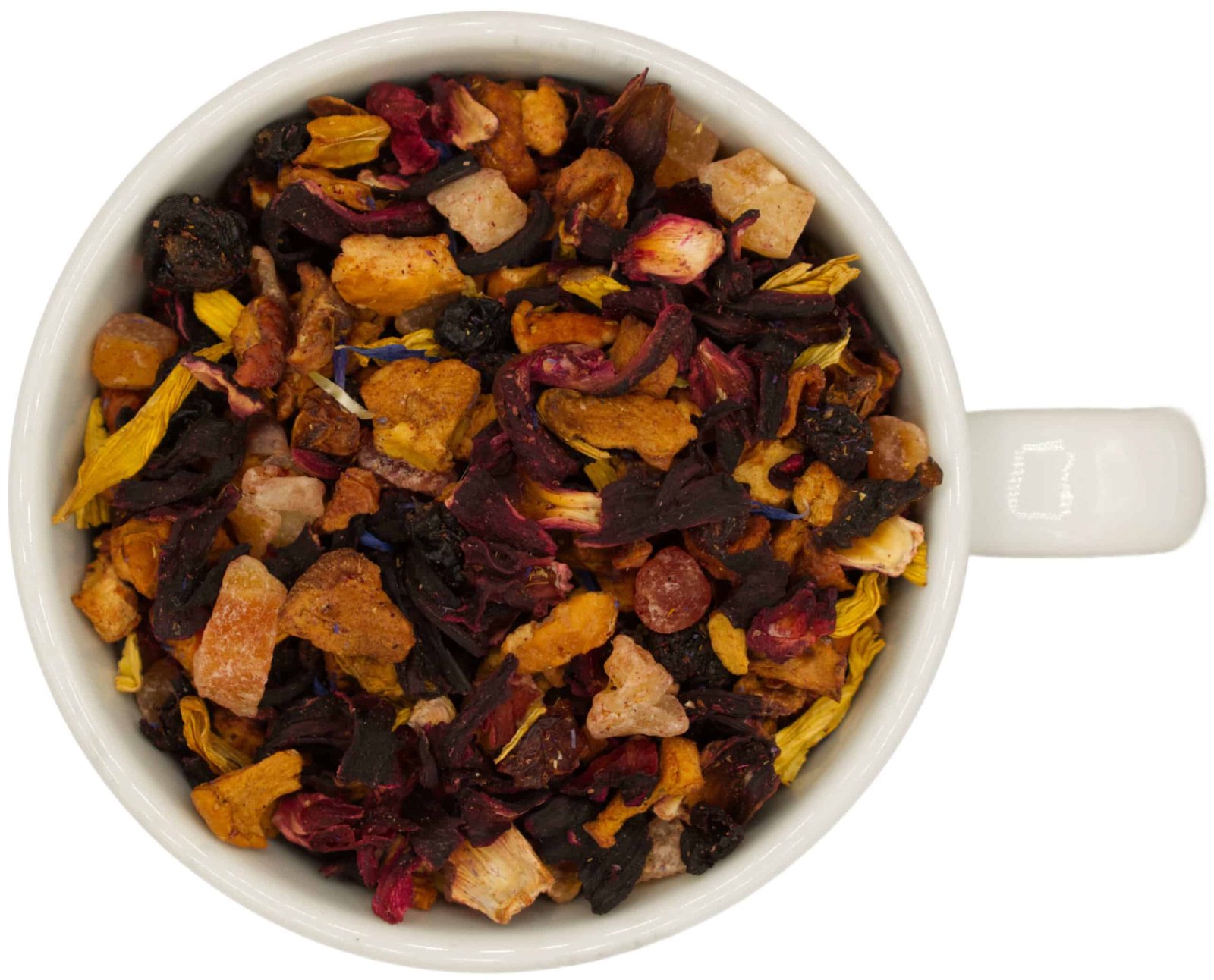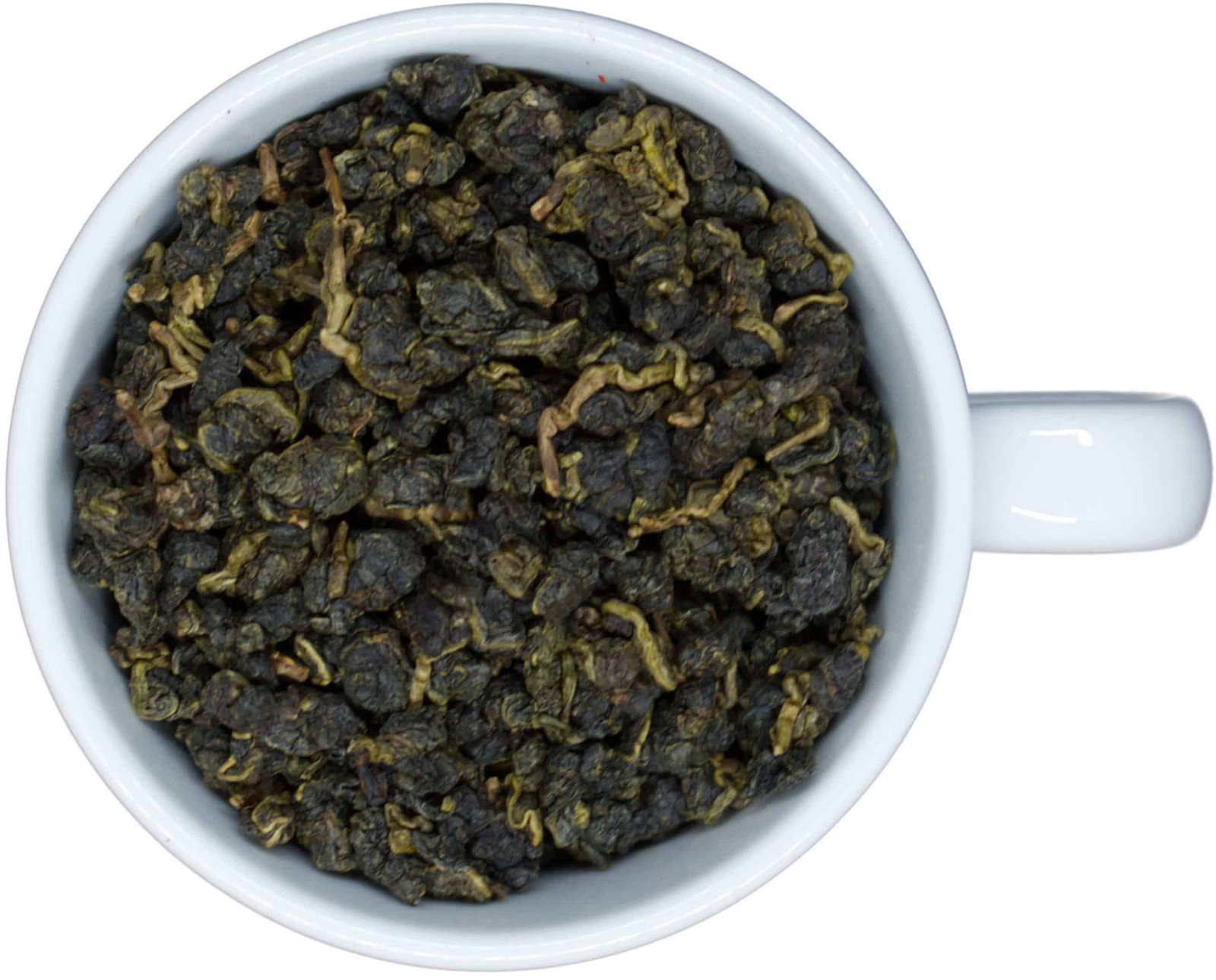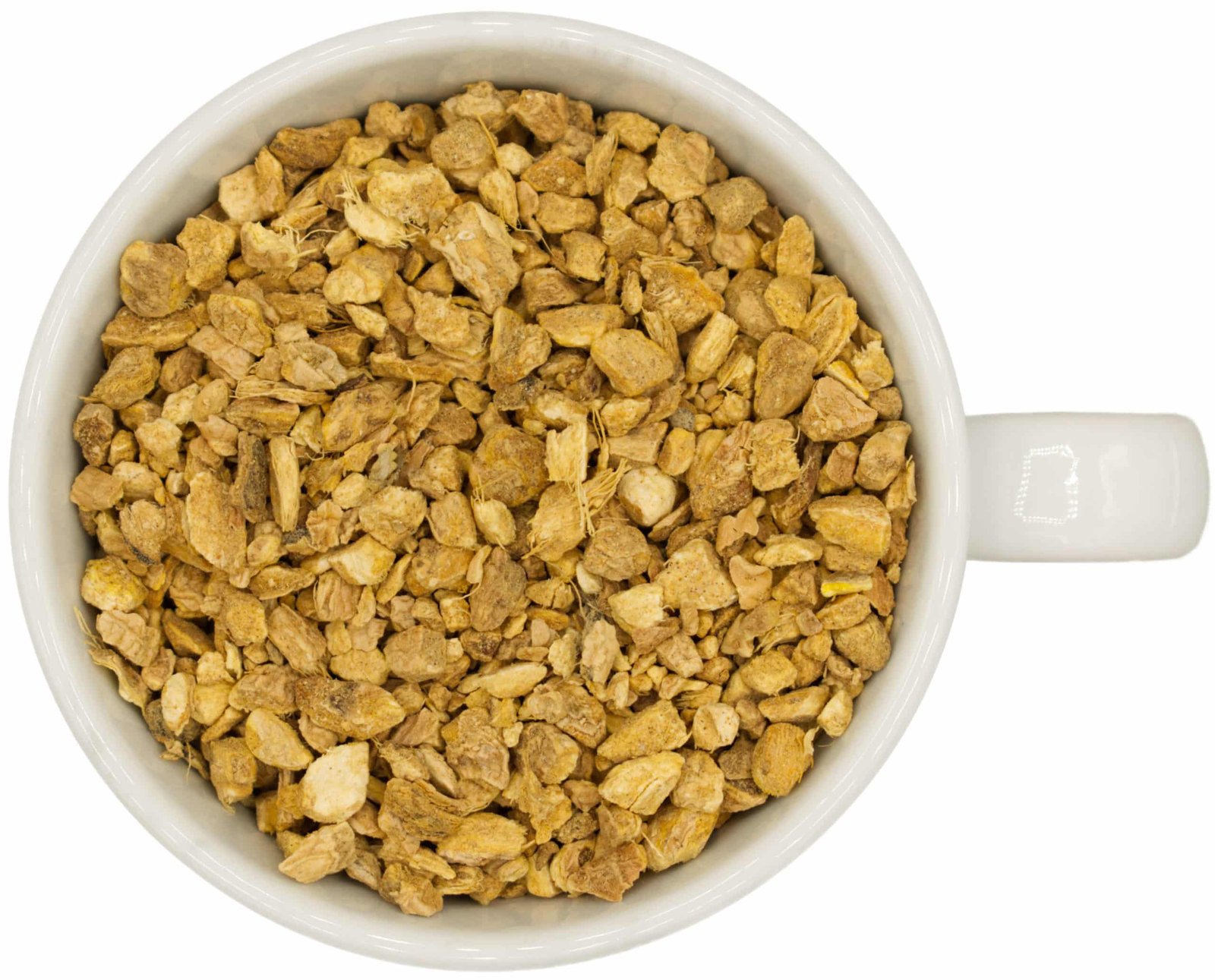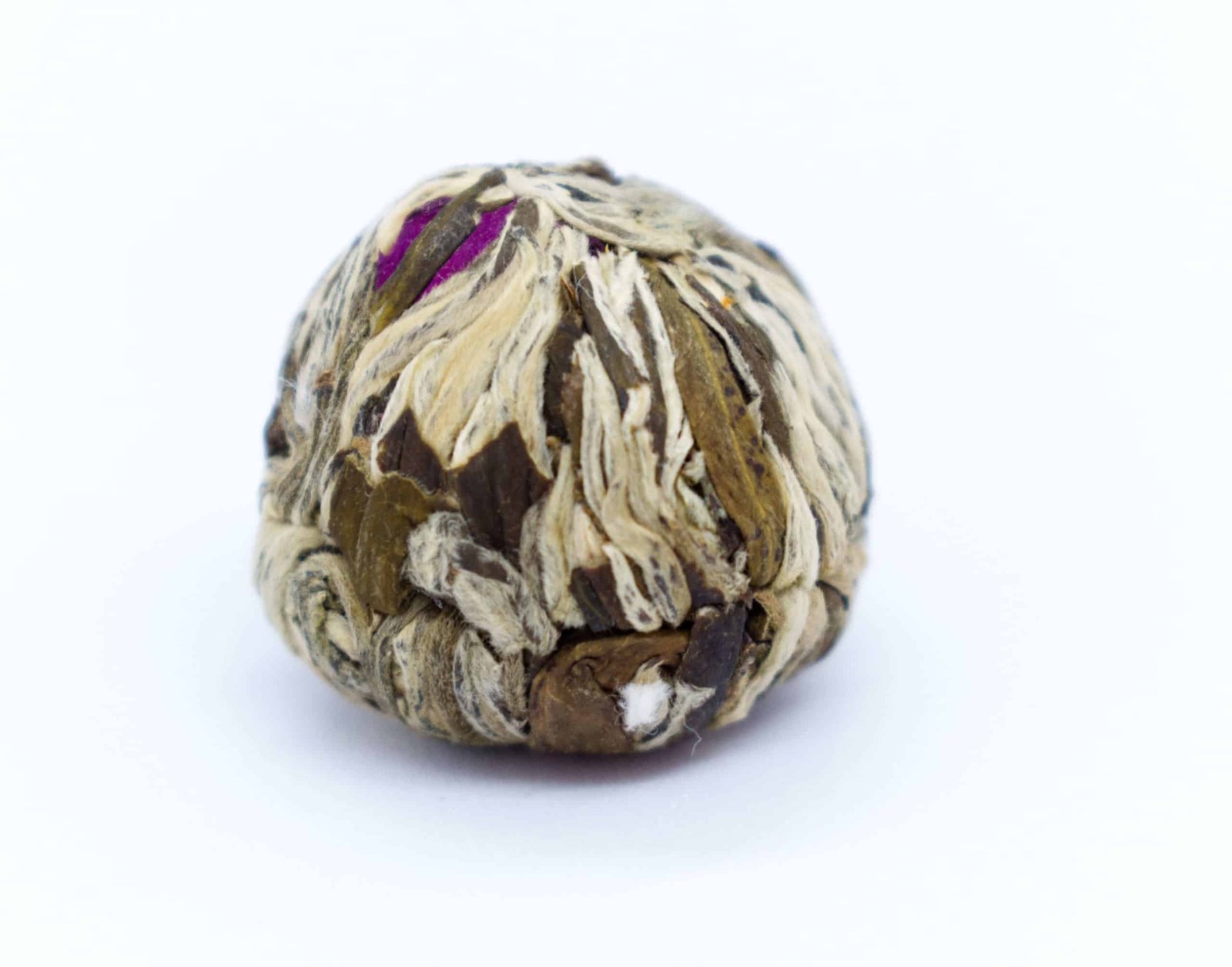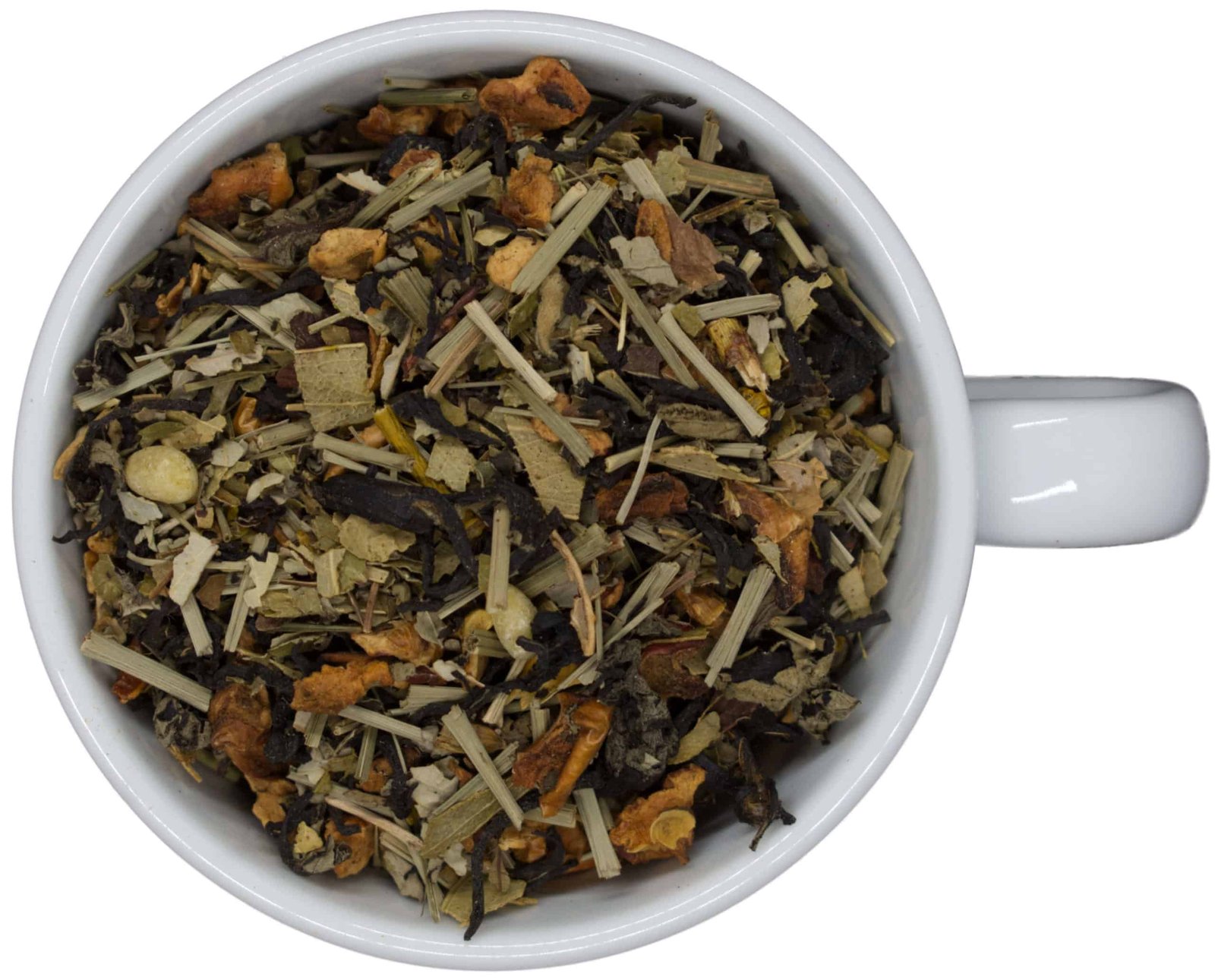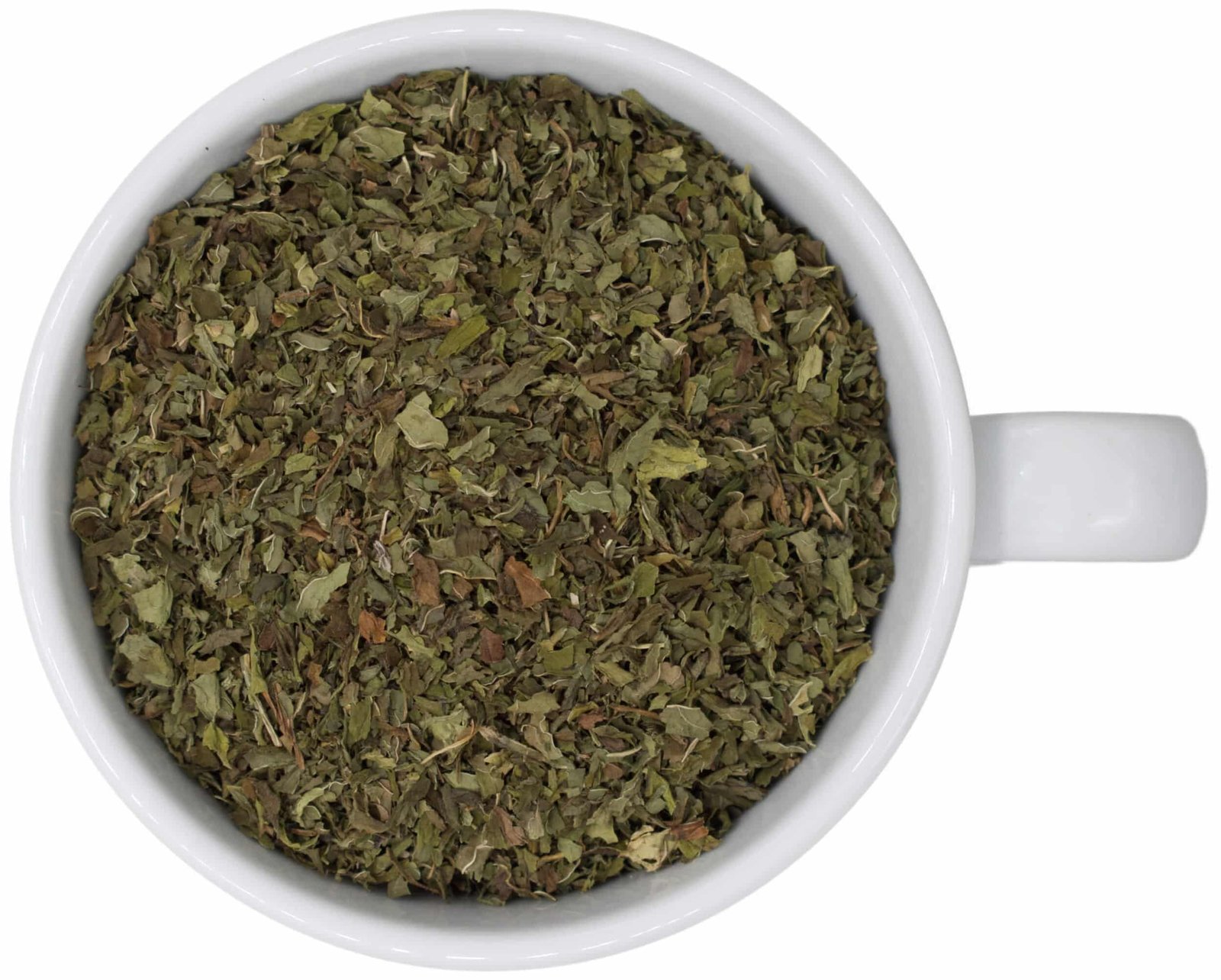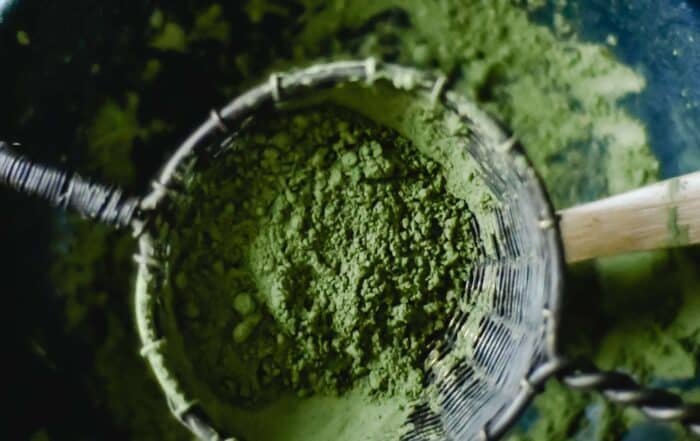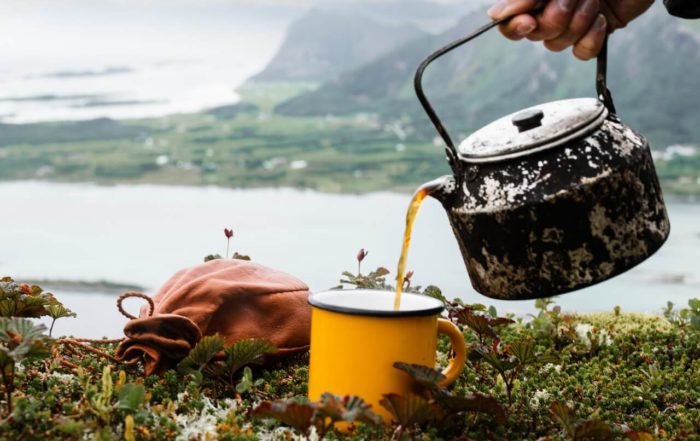A very big hurdle in our product design was deciding on the type of tea packaging. We thought, tinkered, tested, calculated and researched. There are 6 months of hard work behind our packaging solution. But: It was worth it.
Not everywhere that says “environmentally friendly” is actually environmentally friendly. This is also one of the main reasons why the development of a packaging concept has taken so long. It’s impossible to blindly trust manufacturers of sustainable packaging. There are all kinds of tricks and milkmaid calculations to make one’s own product greener than it is. This greenwashing is reinforced by the fact that many companies simply want to use sustainability as a sales-promoting tool. It seems that there is often simply a lack of will to actually make a difference.
How we pack tea
You can buy tea in tin cans from us and then refill them with refill bags at a discounted price. We use European-made, plastic-free and resealable bags. And for good reason. Our bags are:
- made without harmful substances
- produced relatively regionally (in Europe)
- Garden compostable
However, the whole thing comes at the expense of aroma protection because of the lack of plastic. No matter how the bag looks, how thick it is or how it is sealed: Without plastic, an aroma barrier is missing. Therefore, we also recommend that you store flavored teas separately as soon as possible after receipt. This prevents the aroma from “spilling over” from one tea to another.
If these bags do not end up in the compost or residual waste, where they belong, but in nature: Yes, then it’s only half as bad. Here, too, the bags decomposed into humus over time.
There are a number of other “sustainable” types of packaging. But we have good reasons why we decided against it.
That is why we decided against PLA
Many are familiar with the term “bioplastic”. Often behind it is PLA (polylactic acid), which is made from corn and is biodegradable. What sounds so good, however, is not at all so in practice.
The corn is genetically modified to make it extra large. Arable land is lost for the production of PLA, which could also have been used for growing food. Production is enormously energy-intensive.
Moreover, the ability to biodegrade is limited exclusively to industrial composting. And it has nothing to do with home compost. Here, the plastic is decomposed with (again) high energy input. However: In practice, industrial composting is not carried out in Germany. At best, bags made from PLA end up directly in the incinerator. If these land in nature, they cause considerable damage – they are still a plastic. This does not decompose, eventually becoming microplastics, and can sometimes cause even greater harm.
That is why we use glass only for Matcha
Glass is a high-quality material, which brings excellent hygienic properties. Due to the smooth surface, it is very easy to clean – even in the dishwasher. In addition, glass provides an optimal aroma barrier. After use, glass can be refilled as often as desired. Sounds like the material of choice – but stop! Unfortunately, there are some serious drawbacks here as well.
First of all, the production and also the subsequent collection and recycling of used glass is very costly and energy-intensive. If the glass packaging is then only used for a short time and not reused, glass is unfortunately not very sustainable. It conserves resources, but is not ecologically sound en masse.
In addition, glass is very heavy, which drives up transport costs (both ecologically and economically). In addition, glass is relatively susceptible to breakage. We therefore use glass exclusively for our high-quality matchas, as glass ideally protects the aromas and also seals completely tightly thanks to the ring made of natural rubber.
However, we encourage you to use the jar multiple times. You can fill jams in it, use it as a storage for cosmetics or use it as a decoration.
Why we do not use plastic
Bags made of mono-plastic consist exclusively of one type of plastic, which theoretically makes recycling easy. In practice, however, this is once again not the case. Recycled plastic is of inferior quality, no longer suitable for food contact use and the recycling process is very energy intensive. So it is not surprising that plastic is usually incinerated. This is not environmentally friendly, not sustainable, and does not make economic sense.
That’s why we’re also proud to be able to package our products plastic-free. We put a lot of thought into the design and want to make a serious difference. Just because we at True Tea don’t use plastic doesn’t save the climate. But if we all contribute, we can help nature and ultimately ourselves as humans.
And perhaps other companies will also learn a thing or two from us. It would be desirable in any case.
Leave a comment
We think you might like this
Pssst… We’ll write more here!
Making tea: how to make Matcha
At True Tea you will find everything for your Matcha. Want to learn how to ...
What is the CTC tea production?
CTC is a newer production process for black teas. Compared to the traditional method ...
Basic knowledge of tea: How do I prepare tea correctly?
How to properly prepare tea If you do a little research on the topic ...
7 Good reasons for True Tea


